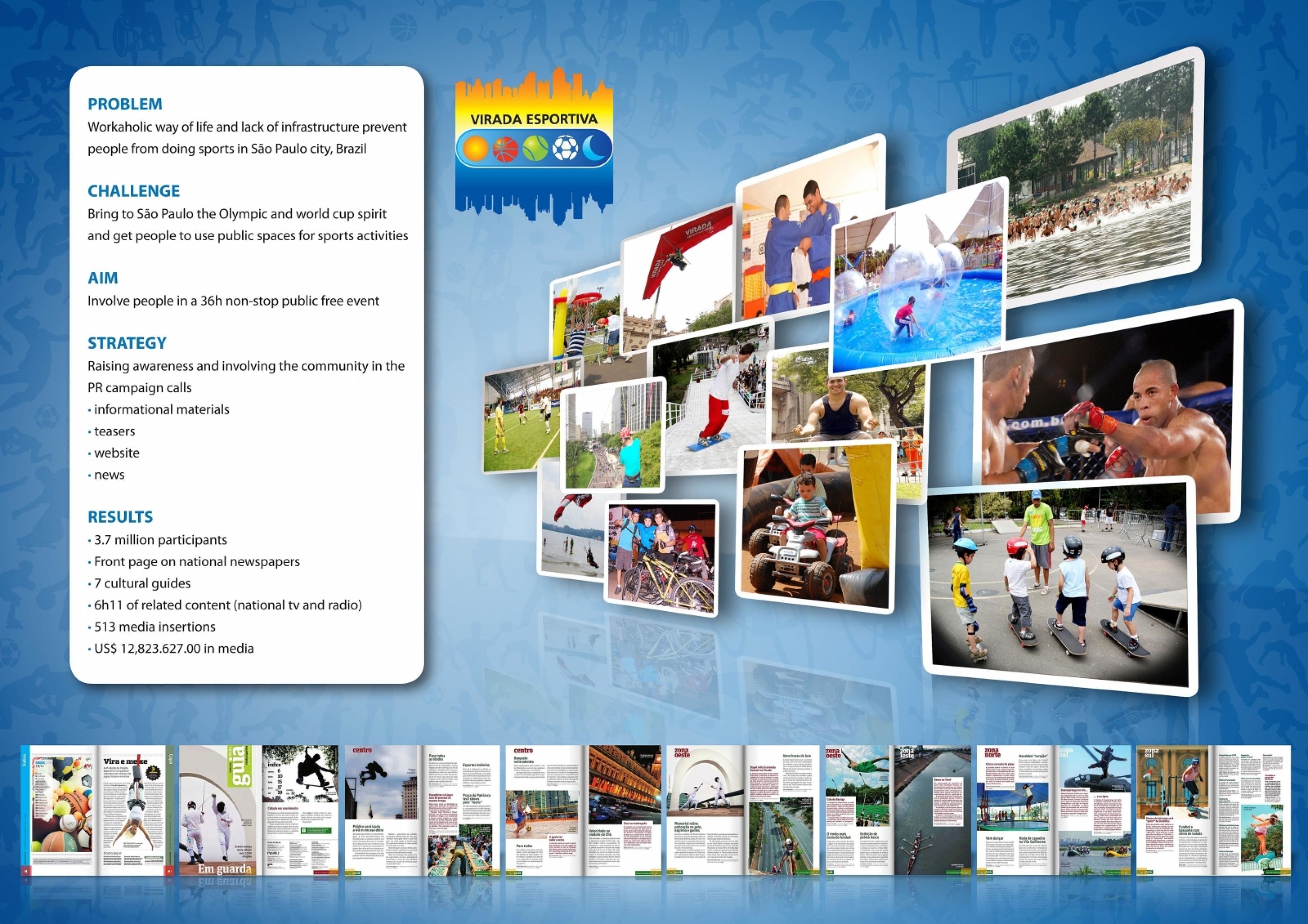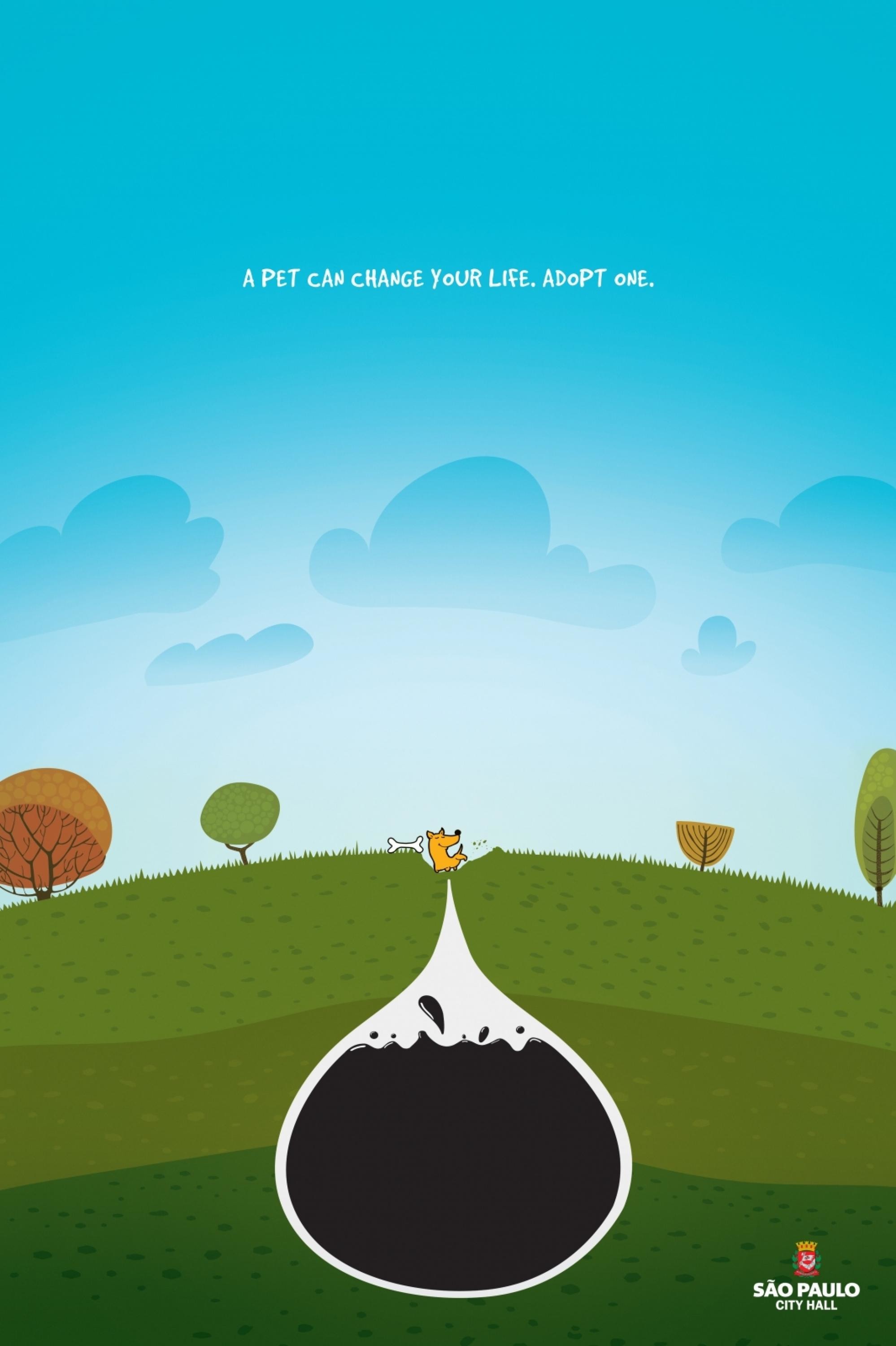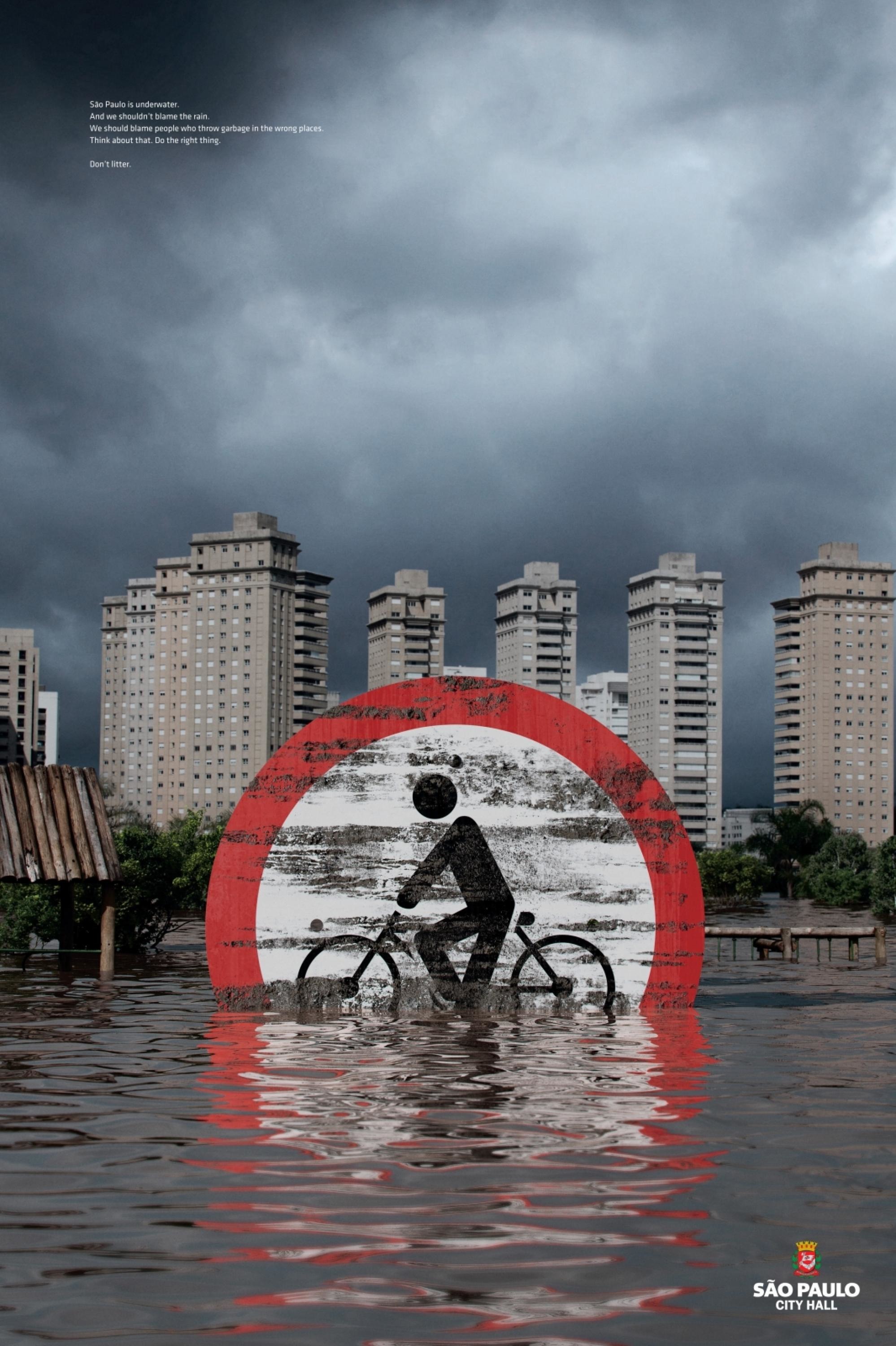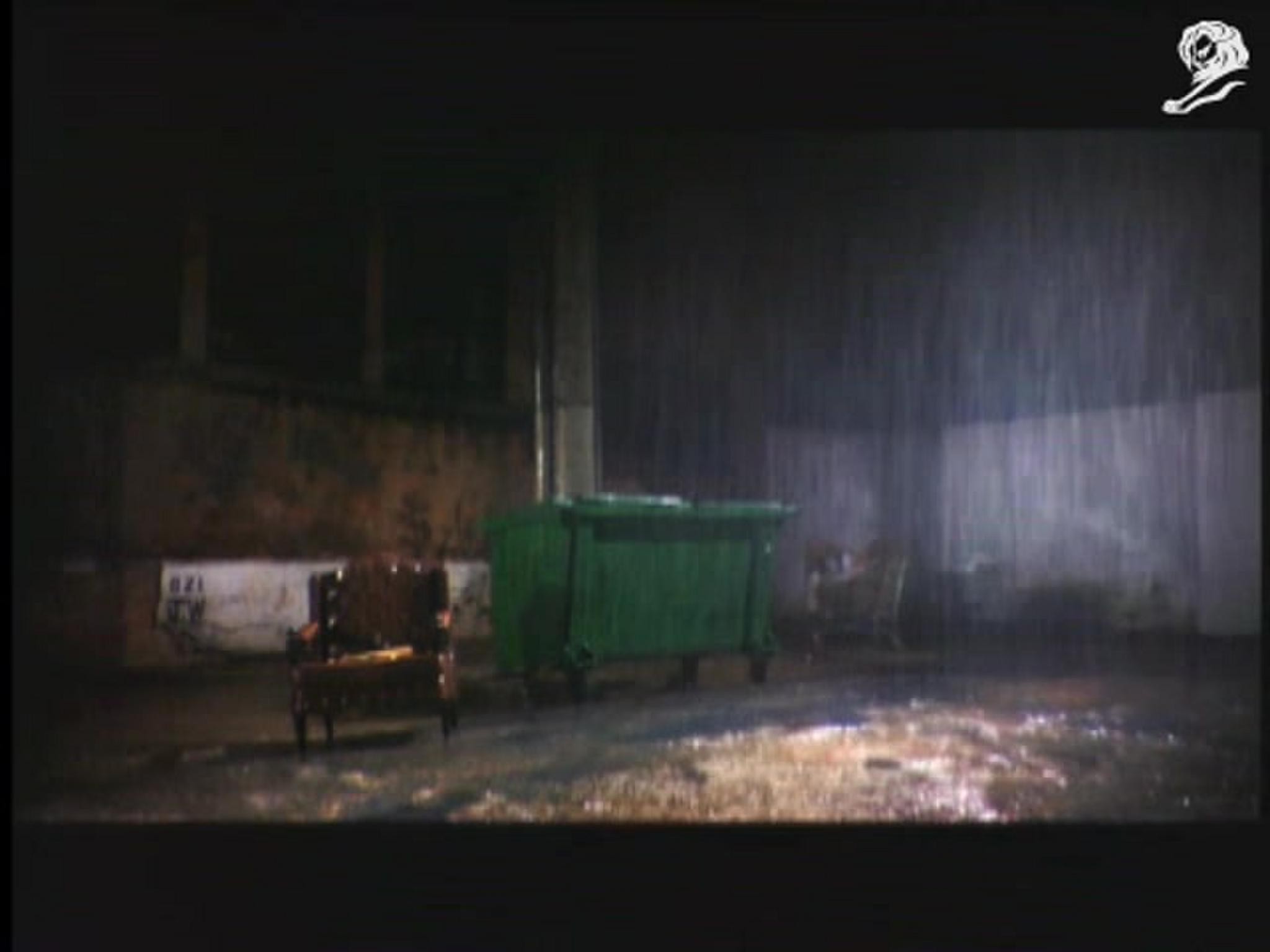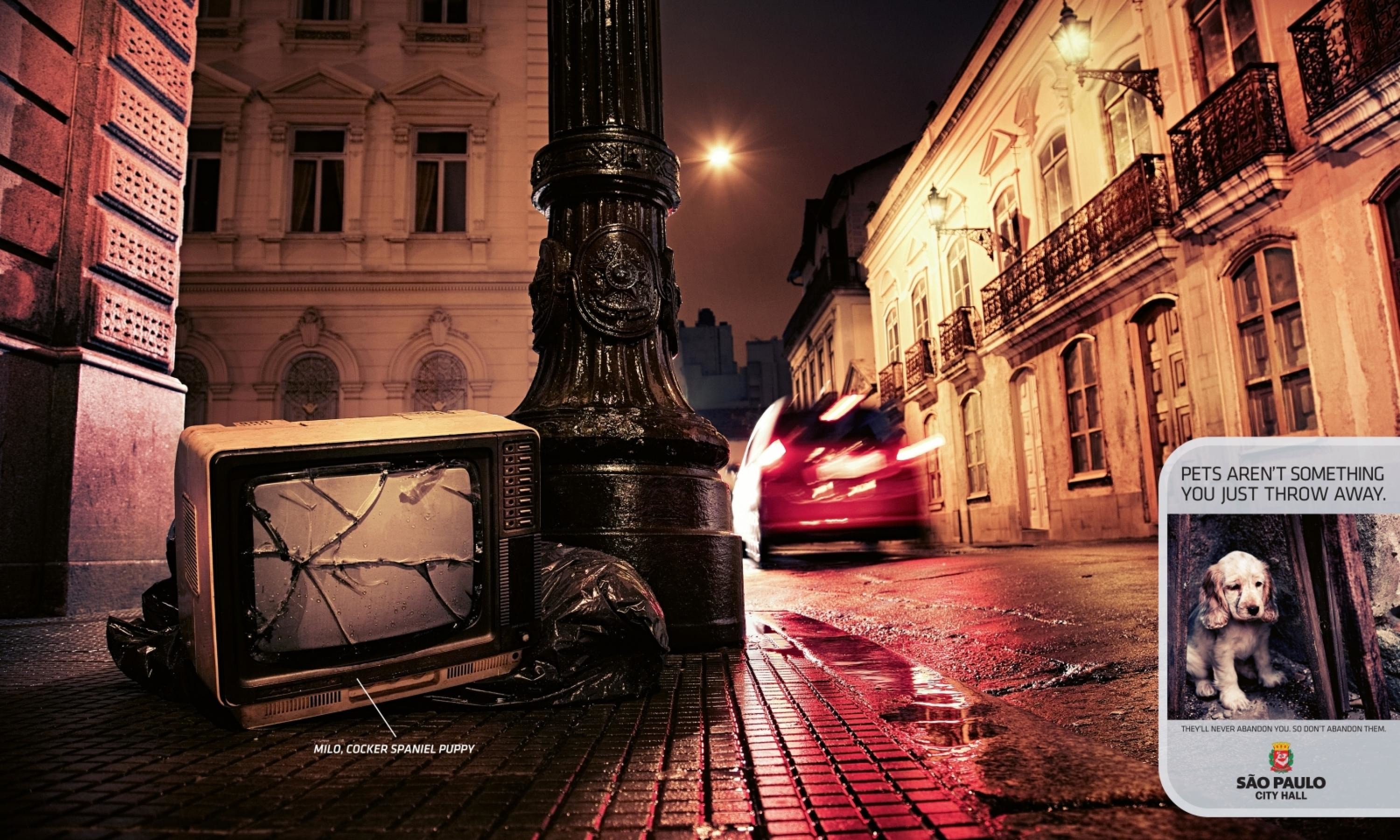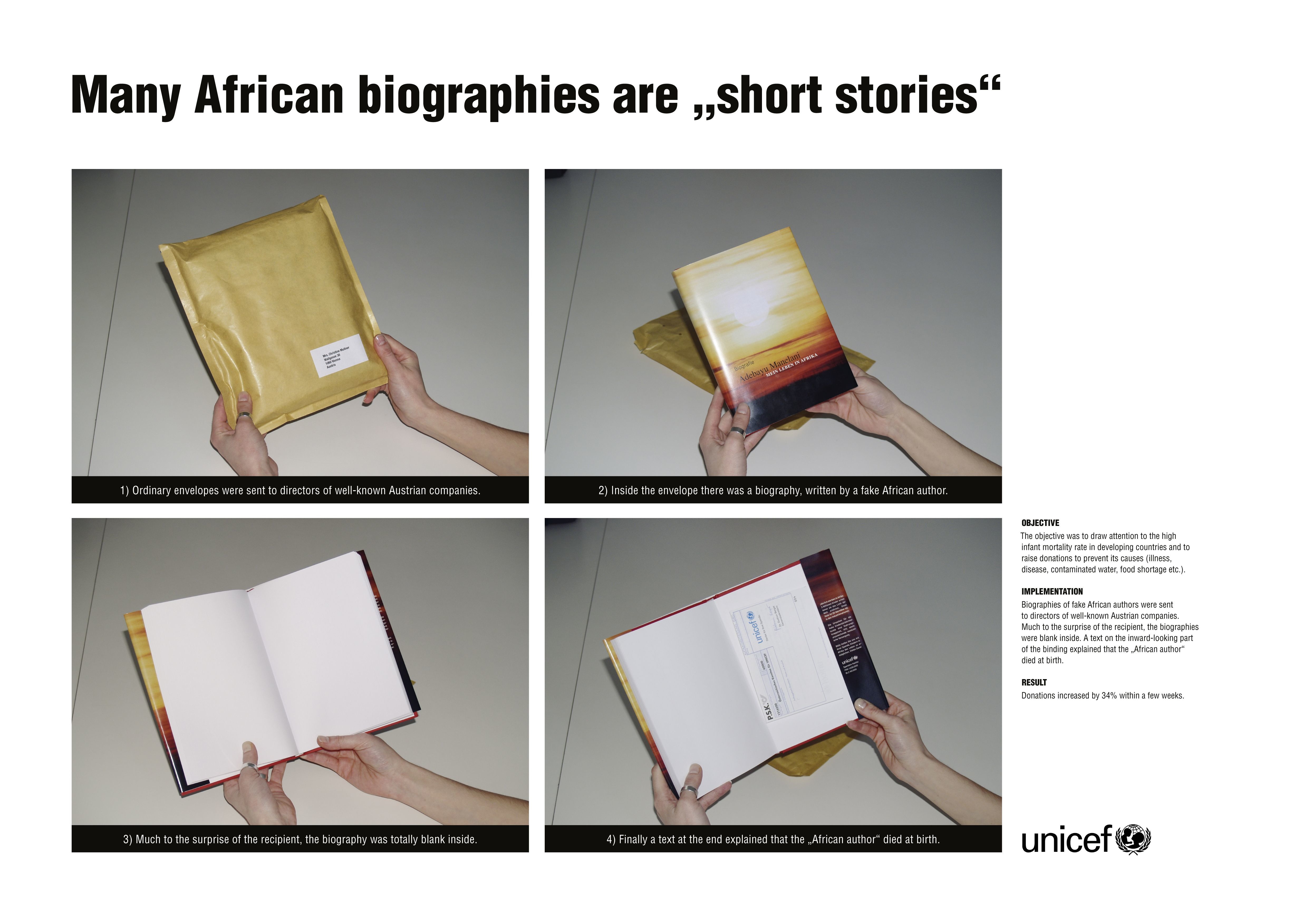Cannes Lions
DENGUE FEVER AWARENESS
NOVA S/B, Brasilia / SAO PAULO CITY HALL / 2011

Overview
Entries
Credits
OVERVIEW
Description
ust like other tropical countries, Brazil is vulnerable to dengue fever, a disease that’s transmitted by the mosquito Aedes aegypti and that can be fatal. In the past few years, there has been a systematic campaign against the disease in the country. Despite that, the number of reported cases grew at an alarming rate in 2010.São Paulo – Brazil’s largest city, with a population of 19.5 million people, was faced with this problem last summer, but it managed to keep the disease under control.As a financial and cultural center, São Paulo attracts thousands of tourists who can bring dengue fever with them.Considering this, the city’s authorities developed a huge campaign to generate awareness about easy-to-follow preventive measures and identification of symptoms.The challenge was to use a distinctive strategy directed at all social classes in order to reach people in every part of the city, including tourists.
Execution
We developed pieces for several media vehicles, including two TVCs that ran on network and pay TV, print ads, radio spots, posters in public transit stations, internet banners, leaflets that were distributed by health agents, and a telephone message directed at almost 2.5 million households. The TVC “Doll” features two girls playing doctor and identifying the symptoms of dengue fever. The other, "Little book", identifies the places where mosquitoes usually lay their eggs and advises people on how to prevent the insects from reproducing. A one-minute radio spot was run during the municipal government’s official communication program, "Minuto Cidadão". Advertising panels were installed in strategic locations inside airports and public transit stations, places that are known for being entrance points into the city and for the large number of people who pass by them every day. Several actions took place at schools so that children could take that information home.
Outcome
The campaign ran for two months during the summer of 2011 and it produced outstanding results. According to a report issued by São Paulo’s Health Department, the number of dengue fever cases in the first two months of 2011 was 92.6% lower compared to the same period of 2010. The cities in São Paulo’s metropolitan area reported 3,390 dengue cases in January 2011. In the first two months of 2010, this number had reached 46,050. Research conducted among the city’s inhabitants has shown that the TVC "Doll" had a high approval rate (8.55 out of 10). It was considered clarifying for showing important preventive measures and for engaging adults, young adults and children. More than 2.5 million phone calls were made and 94.5% of the messages were heard from beginning to end.
Similar Campaigns
12 items
